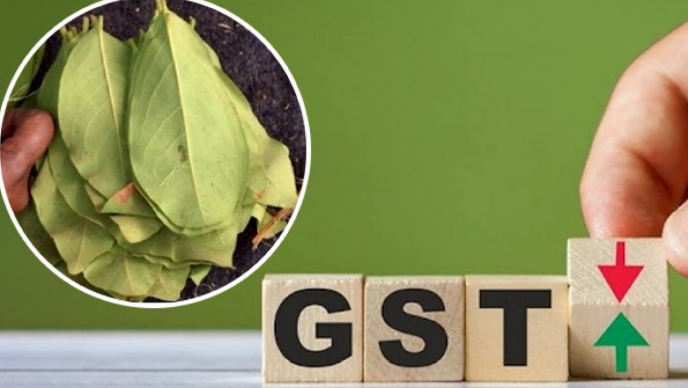Free Courses Sale ends Soon, Get It Now


Free Courses Sale ends Soon, Get It Now



Disclaimer: Copyright infringement not intended.
Context
Odisha’s Demand
Implications of GST on Kendu Leaves according to Odisha

Stance of GST Council
Kendu Leaves

© 2024 iasgyan. All right reserved